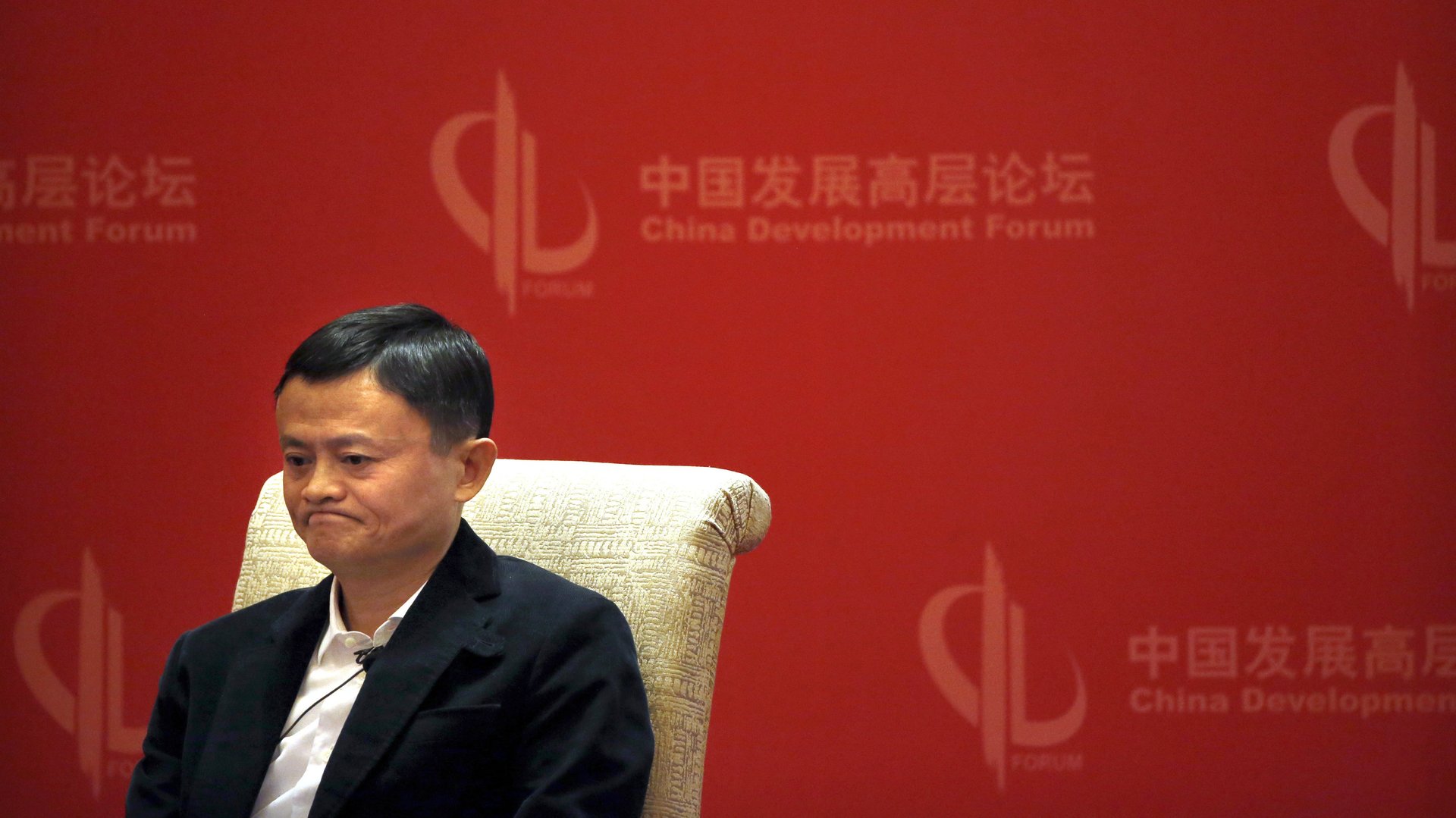Alibaba entered an anti-counterfeiting coalition that pissed off titans of fashion
In April, the International AntiCounterfeiting Coalition (IACC) accepted Alibaba as a member. It’s not a move everyone would expect of the organization, which says it is the longest-standing of its kind. Alibaba, China’s largest e-commerce platform, is notorious for sales of fakes, including knock offs of products by IACC members, such as Apple, Burberry, and Adidas. Until recently, Gucci and Michael Kors were on that list, too.


In April, the International AntiCounterfeiting Coalition (IACC) accepted Alibaba as a member. It’s not a move everyone would expect of the organization, which says it is the longest-standing of its kind. Alibaba, China’s largest e-commerce platform, is notorious for sales of fakes, including knock offs of products by IACC members, such as Apple, Burberry, and Adidas. Until recently, Gucci and Michael Kors were on that list, too.
But the two companies have both pulled out of the coalition since the IACC allowed in Alibaba. Michael Kors left last month, calling Alibaba “our most dangerous and damaging adversary,” according to the AP, and Gucci quit last week.
Gucci doesn’t like Alibaba. About a year ago, its parent company, Kering, sued the company, alleging it profits from an environment that doesn’t just allow rampant sales of Gucci knock offs, but facilitates and encourages them. A study by a European organization last year estimated that fakes may be costing European fashion brands almost 10% of their sales. The vast majority come from China, and Alibaba is a major venue for them.
It’s no surprise that Gucci, which vigorously battles counterfeits, would be upset over the IACC granting membership to Alibaba. Jack Ma, the company’s founder, will even speak at the group’s upcoming spring conference. Quartz has reached out to Gucci for comment and will update this post with any reply.
The IACC stands by its decision. “The problem of counterfeiting is too pervasive and complex for any single company or industry to combat on its own,” the organization said in a statement. “Alibaba’s application for membership was unanimously approved by the IACC’s Board of Directors based on their demonstrated commitment and concrete results through the IACC MarketSafe program.”
Alibaba has joined the group as a “general member,” a designation the IACC created for companies it says are ”not directly or substantially impacted by counterfeiting,” but which have a position that makes them a potential partner in the fight against fakes.
In the meantime, Alibaba is still fighting to stay off a US blacklist of companies known to sell knock offs. In December, a US trade agency told Reuters it was “increasingly concerned” about Alibaba’s enforcement programs against sales of counterfeits.